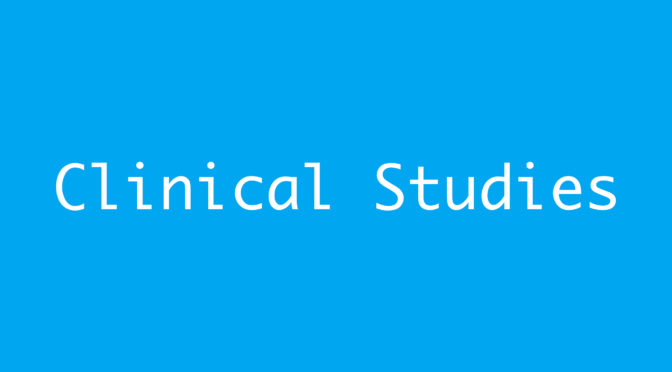Proton Radiotherapy Preserves Intellectual Function in Children suffering from Medulloblastoma – New study shows that children treated with Proton Therapy have superior intellectual outcomes, compared to children treated with conventional photon/x-ray radiotherapy.
Radiotherapy is essential for treating children’s brain tumours – however conventional radiotherapy treatment increases the risk of permanent cognitive impairment. Memory problems, learning problems, global IQ decline, and other serious cognitive impairments can occur. A new study published in the Journal of Clinical Oncology on the 27th November 2019 has demonstrated the superiority of proton therapy over traditional x-ray/photon radiotherapy in treating paediatric Medulloblastoma.
Medulloblastoma is an invasive, rapidly growing form of tumour, and the most commonly occurring type of brain cancer in children. This study showed that the use of proton therapy in treating these cancers (instead of conventional photon/x-ray radiotherapy) resulted in significantly improved long-term intelligence outcomes in children.
This study provides the strongest evidence to date that proton therapy preserves the intellectual function of children with medulloblastoma – as opposed to traditional x-ray radiation which can cause damage and result in a lower quality of life for children following treatment. The authors of the study concluded:
“Even in the context of CSI (craniospinal irradiation), patients treated with PRT (Proton RadioTherapy) exhibited stable intellectual outcomes in most domains and experienced significantly better long-term outcomes in global IQ, perceptual reasoning, and working memory compared with patients treated with XRT (conventional x-ray radiotherapy).”
These results expand on previous research suggesting an intellect-sparing benefit of proton therapy in the treatment of paediatric brain tumors, reported Lisa S. Kahalley, PhD, of Texas Children’s Hospital (TCH) in Houston, and colleagues in the Journal of Clinical Oncology.
“It’s getting very difficult to argue that there isn’t a very strong clinical benefit associated with proton, so now it really becomes an access issue. We have to think really hard about ways to improve access to families that aren’t located near proton centres.”
The Proton Therapy Center in Prague has considerable experience treating children’s brain tumours with protons, and has treated many children suffering from medulloblastoma – including British child Ashya King, who received proton therapy at the Prague Proton Therapy Center after an international manhunt in 2014. Ashya’s story received widespread public attention, and his successful proton therapy treatment in Prague resulted in him having less risk of cognitive problems following treatment.

